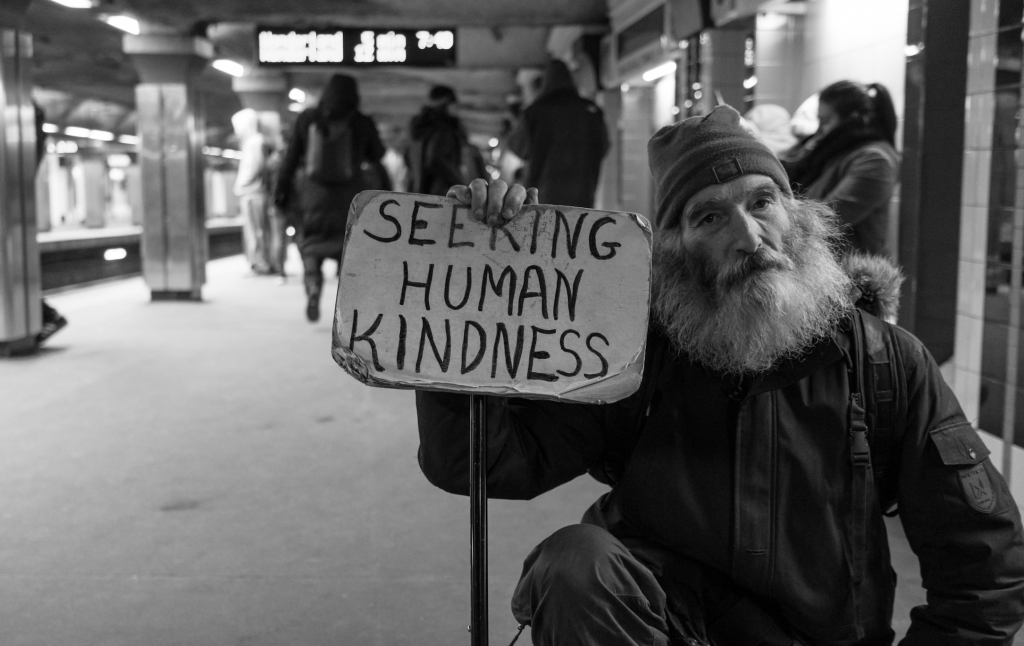Let’s Talk About Building A Peer-Driven Mental Health Care System
January 29, 2020

Every year for #MentalHealthWeek, Canadians come together to start a conversation around mental health. As a mental health and addictions non-profit, we know this conversation needs to take place 365 days of the year. But given the vast engagement around mental health and addiction issues social campaigns help bring, we wanted to add our voices to the mix.
It’s not hard to see that Canada is in a mental health crisis. Today, roughly 7.5 million Canadians are living with mental illness or problems. Wait times for mental health services are abysmally long – organizations in Ontario reported waits anywhere from a month to a year in 2019. And with recent changes to Ontario’s health system, the question of funding for mental health and addiction services is ever uncertain.
But there’s another gap in our mental health system – and that’s the peer voice. In order to truly optimize the mental health recovery of Canadians and lower healthcare costs, we need more mental health and addictions survivors shaping the services our system provides. We need the voice of lived experience to be an integral part of care.
Over the years, studies have shown that peer support activities lead to improved mental health outcomes for patients. A study in the US where self-management of mental illness was taught by peers to people in mental health recovery found that participants reported significant increases in their hopefulness for their own recovery, awareness of symptom triggers and ability to take responsibility for their own wellness.
In Ontario, a study where trained peer support volunteers met with mental health patients in hospital and in the community after discharge found that hospitals reported a 116 day reduction in length of stay and reduced rates of admission. Patients receiving peer support services also reported a higher satisfaction with their quality of life and social support after discharge. The results of integrating peer services into hospitals were clear – improved quality of care for patients and reduced healthcare costs overall.
Peer support programs can also benefit families impacted by addictions and mental illness. A survey of 600 people and international literature by the Mental Health Commission of Canada found that peer-driven initiatives had a greater ability to connect the families of people with mental health problems or illnesses, allowing them to share their understanding of the health system and improve their ability to support affected loved ones. Whether in schools, peer-run organizations or health settings, peer support has proven it can increase community awareness of mental illness and the strength of an individuals’ support network.
While the peer support presence may have expanded in Canada since its grassroots origins, there’s still a long way to go. A 2014 survey of peer workers from North Bay, Ottawa, Waterloo and Toronto, revealed that only 4% of peer workers were employed in hospitals and health centres and 14% in mainstream social service organizations.
Many peer workers in the same study also expressed a need for more hours, higher pay and more advancement opportunities. Of participants interviewed, the majority worked an average of 27 hours per week and 80% made less than $15 an hour.
We need more funding for peer support initiatives in traditional and non-traditional health care in order to improve the well-being of Canadians with mental health and addictions issues. We need programs with strong wages and valued teams of peers sharing their experiences, improving health outcomes and reducing healthcare costs. It’s time for a system with funding that reflects the needs of its users and puts their interests and recovery first. It’s time to talk about building a mental health care system build for and by its users.
